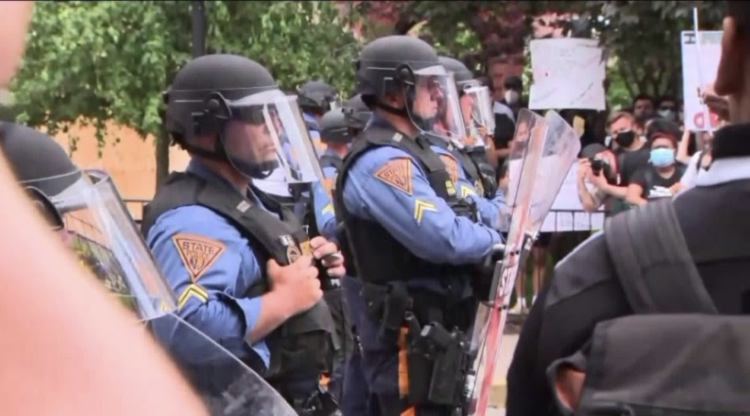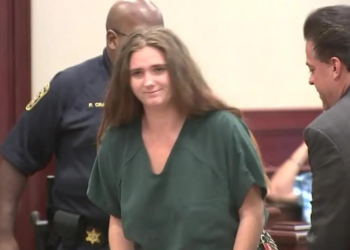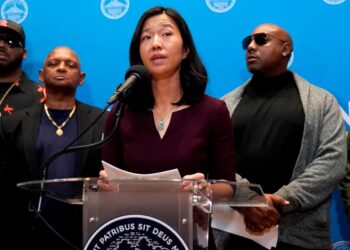In news that many will celebrate, the New York City Council voted to end qualified immunity for police officers accused of civil rights violations, reported Pix 11. Also, the council authored a new local civil right to protect citizens from unreasonable search and seizure and excessive force.
The new regulations were passed, and other adjustments were part of a larger set of reform plans outlined in a March 5 report entitled, “NYC Police Reform and Reinvention Collaborative Draft Plan.” Mayor Bill DeBlasio made the announcement. Although the qualified immunity resolution was not in the collaborative draft plan, the mayor expressed his support for the measure.
Councilmember Steven Levin sponsored the resolution and said, “This legislation is simple—it creates a set of civil rights here in New York City, mirroring those conferred by the Fourth and Fourteenth Amendments of the U.S. Constitution so that people in New York City can hold officers accountable if those officers violate their civil rights.”
Related Story: Former NYPD Cop Sheds New Light On The Murder of Beloved Civil Rights Leader Malcolm X
The Legal Aid Society applauded the measure and expressed the need for more to be done. “This introduction is long overdue and a solid first step, but it should not supplant the need for statewide legislation, specifically A4331/S1991, a bill that would provide comprehensive relief to victims of police and corrections officer misconduct,” said Robert Quackenbush, an attorney with the society’s Prisoners’ Rights Project.
These reforms were significant, as New York City and its police force gained a notorious reputation for corruption and misconduct. Amadou Diallo was shot 41 times by four NYPD policemen in 1999 in the same city where Eric Garner was choked to death by an NYPD officer in 2014. In either case, justice for these families involved city payouts but did not involve measurable repercussions for any of the officers responsible for their deaths.
In July 2020, ProPublica released thousands of NYPD discipline records, many dating back decades. At the time, there were approximately 4,000 officers out of the 36,000-member force who had at least one substantiated complaint against them, according to the city’s Civilian Complaint Review Board. At the time, there were over 300 officers who had five or more valid complaints against them. They were still employed.
The problem? The CCRB investigators found that allegations citizens made did happen. However, NYPD guidelines allowed the behavior, and thus, police officers were exonerated. “It’s kind of haunting. The law and policy give cops a lot of discretion,” said former CCRB investigator Dan Bodah back in 2020.
The underbelly of malfeasance goes deep, and the blue wall of silence is so quiet it’s deafening.
On Thursday, the decisions were part of a 36-point plan for police reform endorsed by the mayor and supported by Police Commissioner Dermot Shea.















